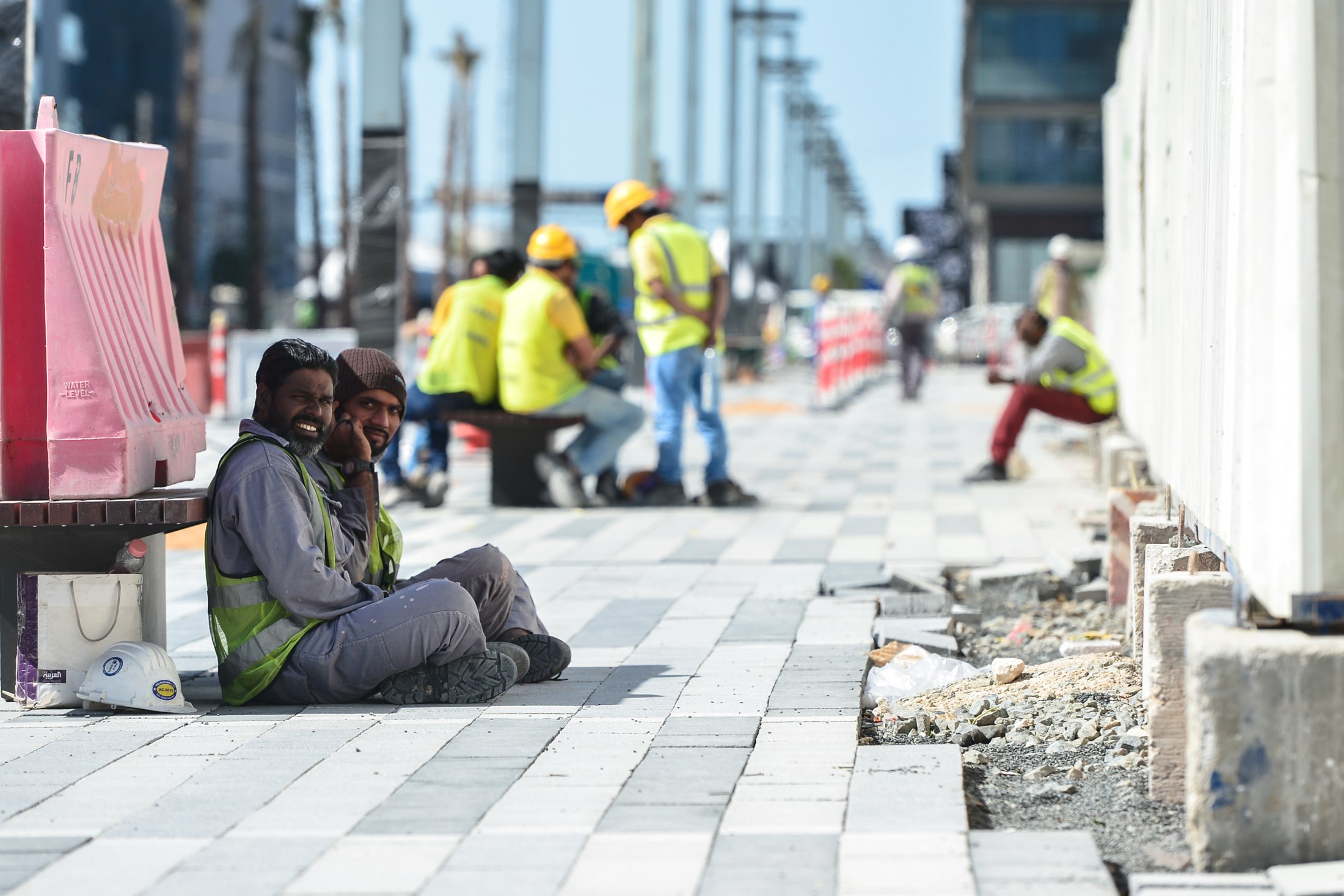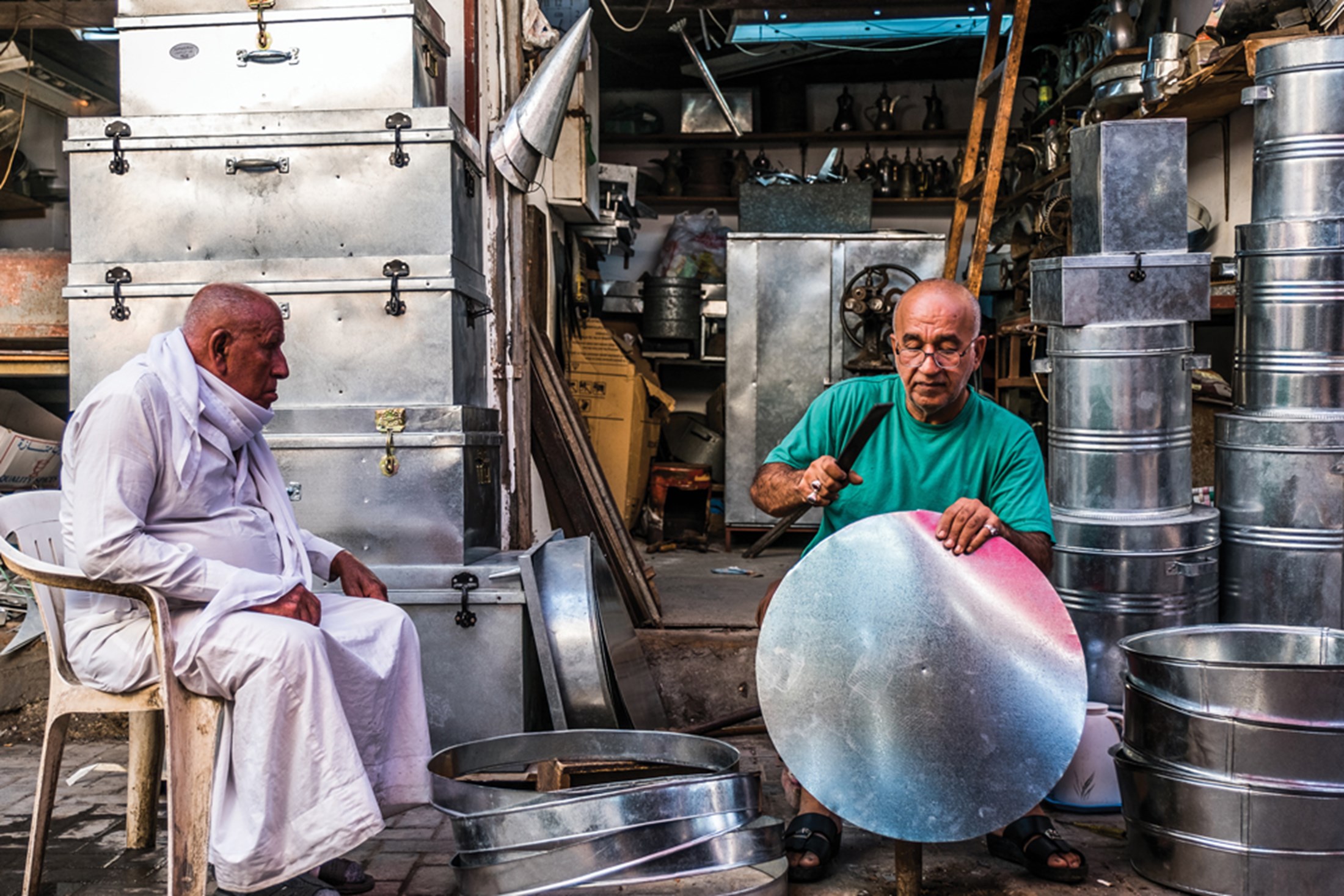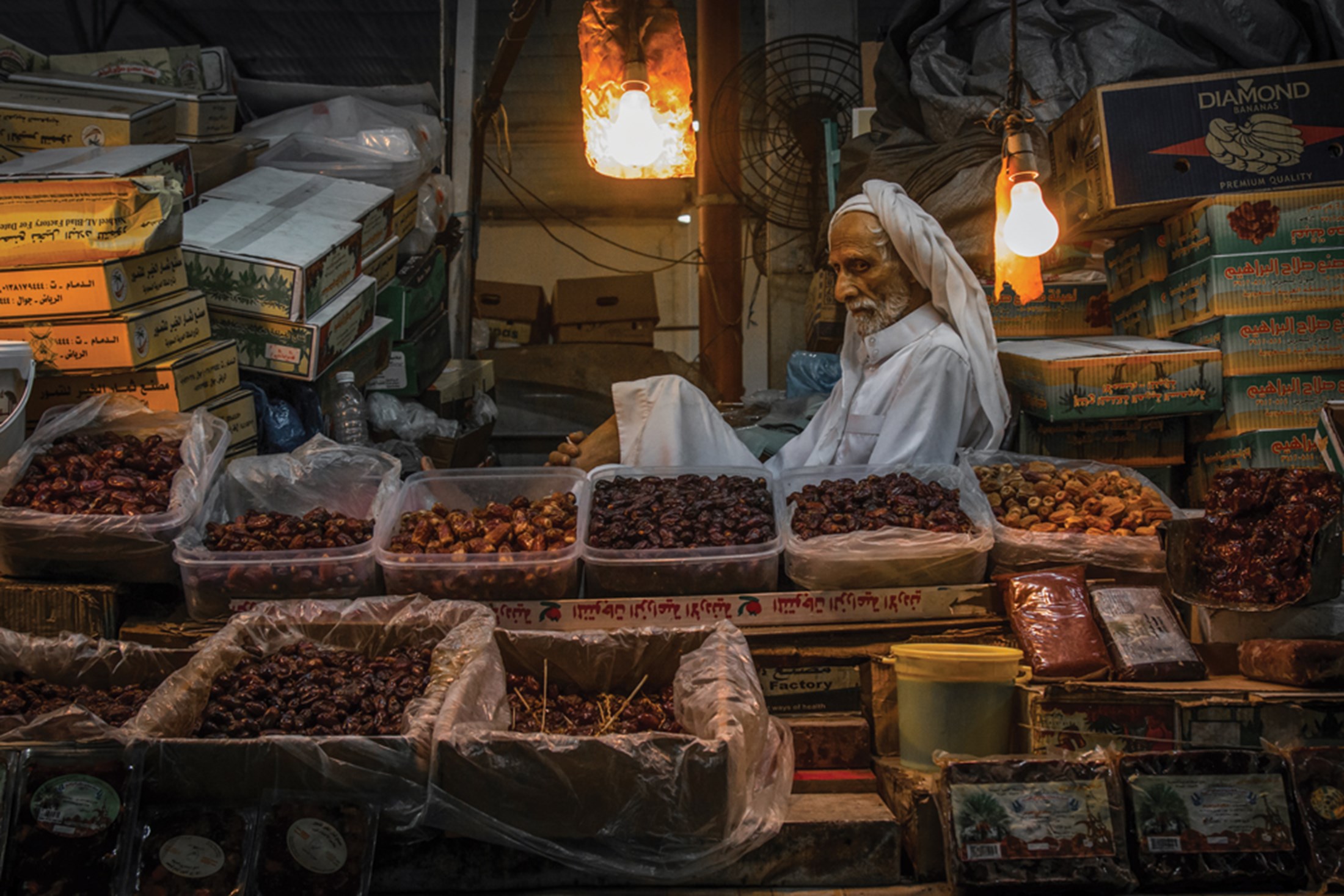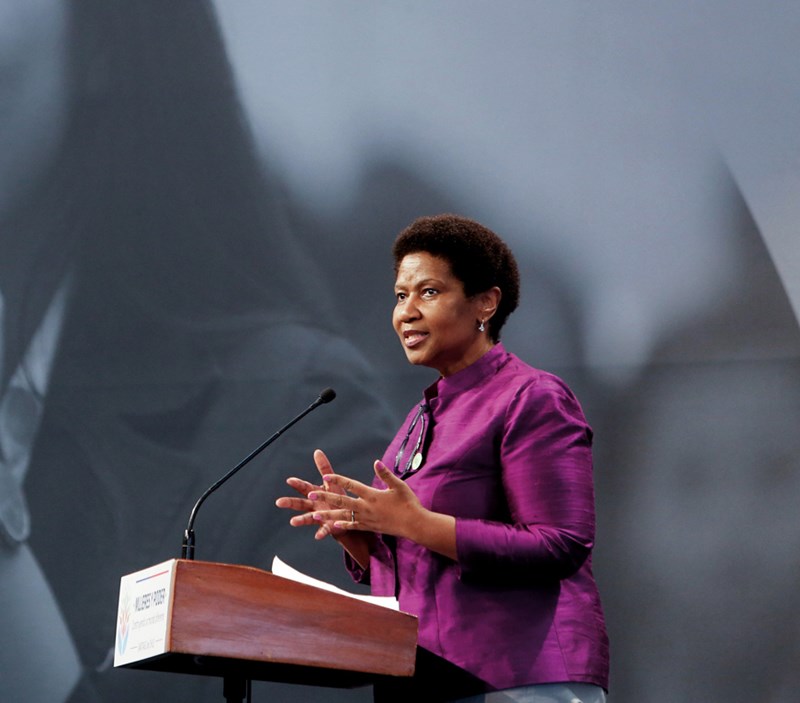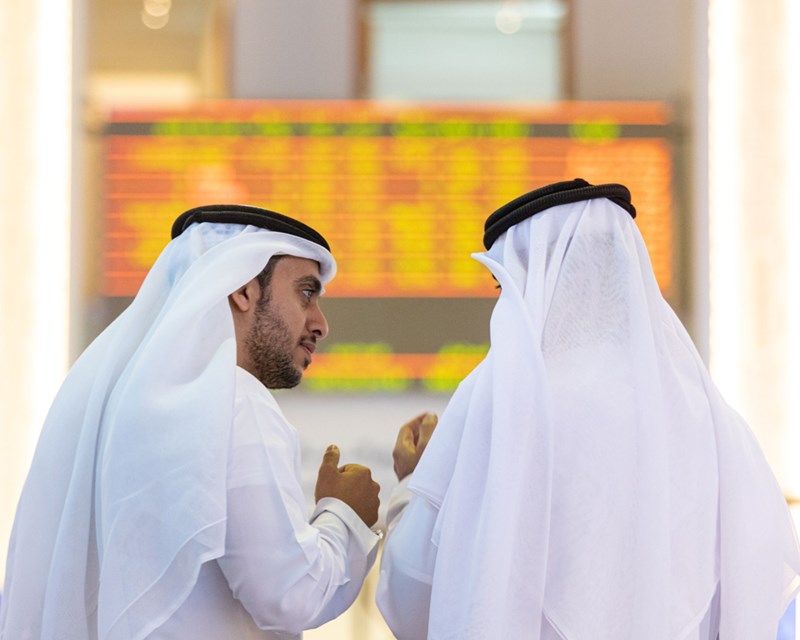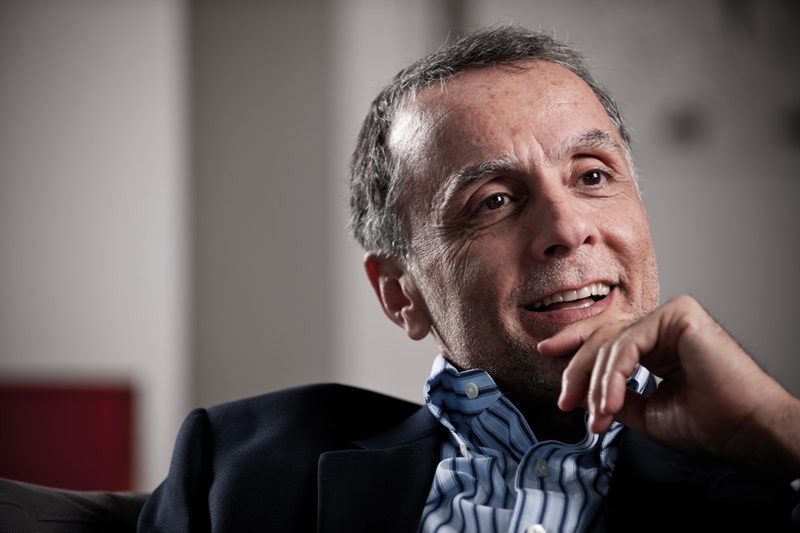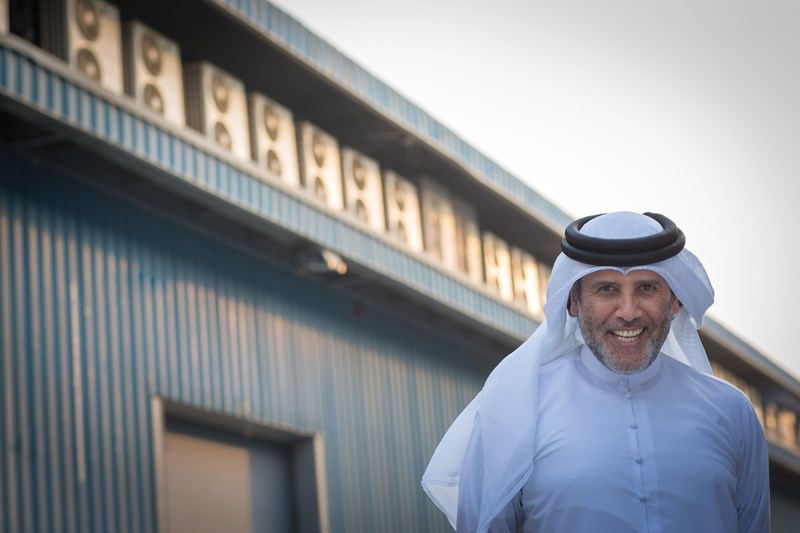When Yusuf Khalil Almoayyed decided in 1940 to abandon Bahrain’s ailing pearl industry and start a small electrical business, he already had one eye on giving back. “He used to make a very small profit – like BD100 [about $265],” says his daughter Mona Almoayyed, “and he’d take three per cent of that and give it to my mother to distribute to the poor. That’s something he did all his life.”
It is a philanthropic tradition that continues today, albeit on a grander scale. As one of Bahrain’s oldest family-owned businesses, YK Almoayyed & Sons’ portfolio now stretches from cars to construction, powered by an 8,000-strong workforce. The company gives 3 per cent of its annual net profit and hundreds of hours of time volunteered by its employees to charitable causes, making philanthropy a cornerstone of its business model.
In 2013, it formalised its donations with the establishment of the Yusuf & Aysha Almoayyed Charity – named after their parents, explains Mona – which has become a platform for aiding underprivileged people in Bahrain, and beyond. Focus areas include education, healthcare and elderly welfare, backed by a roughly $1m annual budget.
“It’s a culture we try to build among our employees,” she says. “If you’re brought up with this approach, you’ll always give back to society. The principle is just to help others.”
In this, Mona is a case in point. As a child, her parents’ philanthropy was a quiet constant, which swelled in lockstep with the family’s success. In the early days, her mother would buy schoolbooks or air conditioning units for impoverished local families.
“She was very popular in the community,” says Mona. “They would come to her house and she would take care of their children. They were very simple in those days.”
Over time, this approach grew to include sizeable donations to community projects. The family funded a drug and alcohol rehabilitation unit in Bahrain, a nephrology and renal transplant centre, and gifted BD1m ($2.65m) to support a local kidney dialysis unit. A $2m plan to build a retirement centre to serve the elderly is currently underway.
“My father always encouraged us to care about those less fortunate than us. He would never say no to anyone who needed something,” explains Mona.

